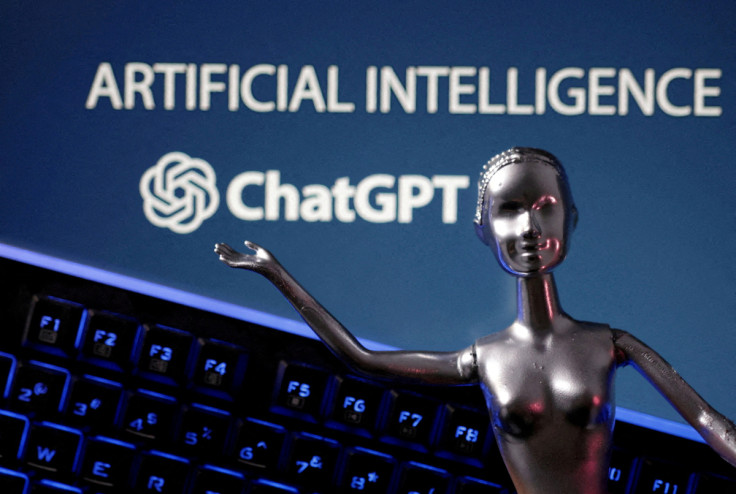Australia Moves To Optimize AI Guidelines With New Regulations Amid Rapid Tech Growth

Australia is currently optimizing regulatory guidelines to promote safe adoption of Artificial Intelligence (AI), including a possible AI Act and prohibitions against risky technology, amid concerns regarding the rapid rise of AI tools.
Industry and Science Minister Ed Husic unveiled a paper with 10 new voluntary guidelines on AI systems and threw open the discussion whether it should be made mandatory, reported Reuters.
Following a survey of Australian chief executives, chief technology officers and other leaders of companies using AI, it was revealed that AI tools were widely used in businesses that did not test the risk assessment or human rights violations, nor did they plan to do so.
"Australians know AI can do great things but people want to know there are protections in place if things go off the rails," Husic said. "Australians want stronger protections on AI, we've heard that, we've listened. From today, we're starting to put those protections in place."
In 2019, Australia had introduced eight voluntary principles; however, a government report published this year said the current guidelines were not adequate to tackle high-risk settings. Only one-third of businesses followed the guidelines on the metrics such as safety, fairness, accountability and transparency.
Australia is contemplating a European Union-style AI Act, which will cover the entire economy, ABC reported.
The paper noted that though AI improved the quality of life, it posed high risk to national security, breach of privacy, manipulating information and malicious cyber activities.
The potential of AI is immense in boosting economy with ChatGPT alone expected to add up to AU$115 billion to the economy in the next five years, according to Australia's Tech Council.
The government-sponsored Responsible AI Index surveyed leaders of 413 businesses using AI in chatbots, speech recognition, robotics and a range of other technologies. Hospitality sector and retail services ticked the worst in responsible use of AI.
© Copyright 2025 IBTimes AU. All rights reserved.




















